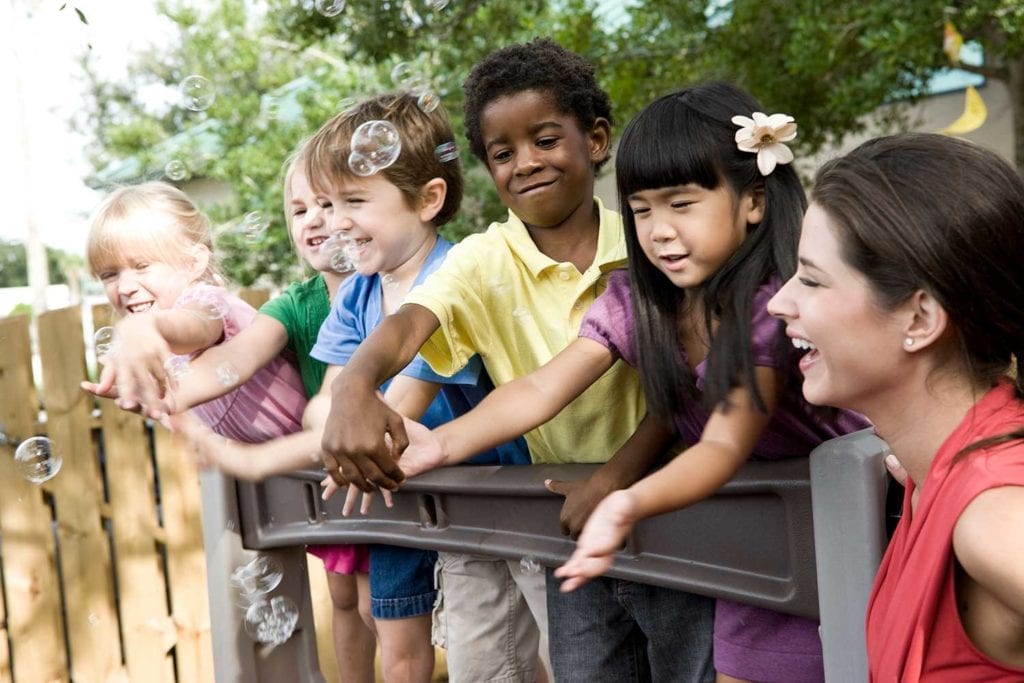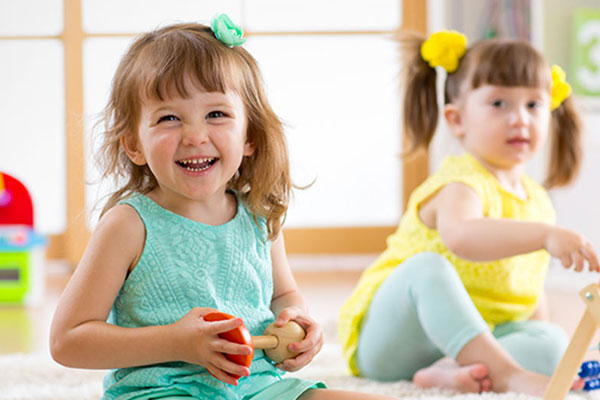Parents Were Provided Tips by Circa/Fishhawk Preschool on How to Get Settled with Their Routine for Their Preschoolers
If your child started pre-school this year, there’s a good chance that you’re struggling to adapt to the change, especially if, up until now, you’ve been at home with your child. Here are some things to keep in mind if the transition hasn’t been smooth, and you’re still in the process of adapting to the new normal.
1. Preschool parents should recognize their child’s anxiety and focus on turning it into excitement
It’s completely natural to worry about how your child will fit in, whether they’ll make friends and if they’ll enjoy the learning environment. Instead of trying to turn off those worries, transition them into excitement. Think about your role as your child’s parent in helping them navigate this new season.
2. Parents should not forget that their preschoolers still need them
You are your child’s rock as they settle into a routine and get used to the preschool environment. You’re there to support them and help them to feel comfortable with the change, which means keeping your own emotions to yourself. Keep the conversation around preschool positive and upbeat and, as they become accustomed to going to school, ask them about their day, focusing on the positive; and use this as inspiration for staying happy.
3. Preschool parents should keep themselves occupied
It can be easy to dwell on worrying about your child, especially when they’ve kept you on your toes for the last couple of years. You’ll still feel your child’s absence, but rather than waiting for the school day to end, it’s important to keep busy. Take up a new hobby, get back into the exercise routine you’ve been meaning to restart, make lists of tasks that need doing around the house (and then do them), get the shopping done, or prepare meals in advance. And stop checking your phone – it’s not going to take the time pass more quickly, and it’s likely to make you feel even worse, especially if you spend your time scrolling through your social media accounts.
4. Parents of Preschoolers should go easy on themselves
Don’t judge your parenting and try not to judge your emotions. What you’re feeling, whatever it is, is completely normal – even if you’re feeling really sad that your child is growing up, or worried about whether they’re making friends. By accepting your emotions as they are, without trying to mold yourself into something different, you reduce the power that they have over you and make it easier to move on.
5. Parents should focus on self-care for their preschooler
For the last three or four years (at least), you’ve focused all your time and energy on your child. But they’re no longer a baby and, for them to develop properly, they need to start exploring the world outside of their home. This gives you more personal time to catch up on things that have been neglected for a couple of years, and you now have the space to take care of yourself as well. There’s more time to focus on what makes you happy, and you have the freedom to explore different parts of yourself other than being a mother.
Kids ‘R’ Kids Learning Academy of Circa / FishHawk is fully accredited, offering the ultimate foundation for young children. They provide effective educational programs and industry-leading innovative facilities for children from the age of six weeks through to twelve years of age.
They believe in working with parents to bring out the best in children and encourage a parent-teacher approach, which prioritizes the needs of every child. The educational environment is secure and nurturing, where children can learn and progress at their own pace.
The post Circa Preschool Shares How to Settle in Your Own Routine as a Parent appeared first on Circa Fishhawk.
First Published on: Blog – Circa Fishhawk https://kidsrkids.com/circa-fishhawk/preschool/circa-preschool-shares-how-to-settle-in-your-own-routine-as-a-parent/

